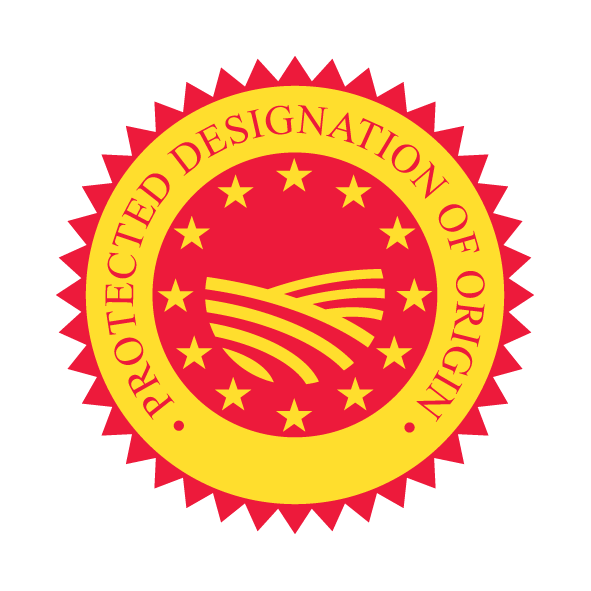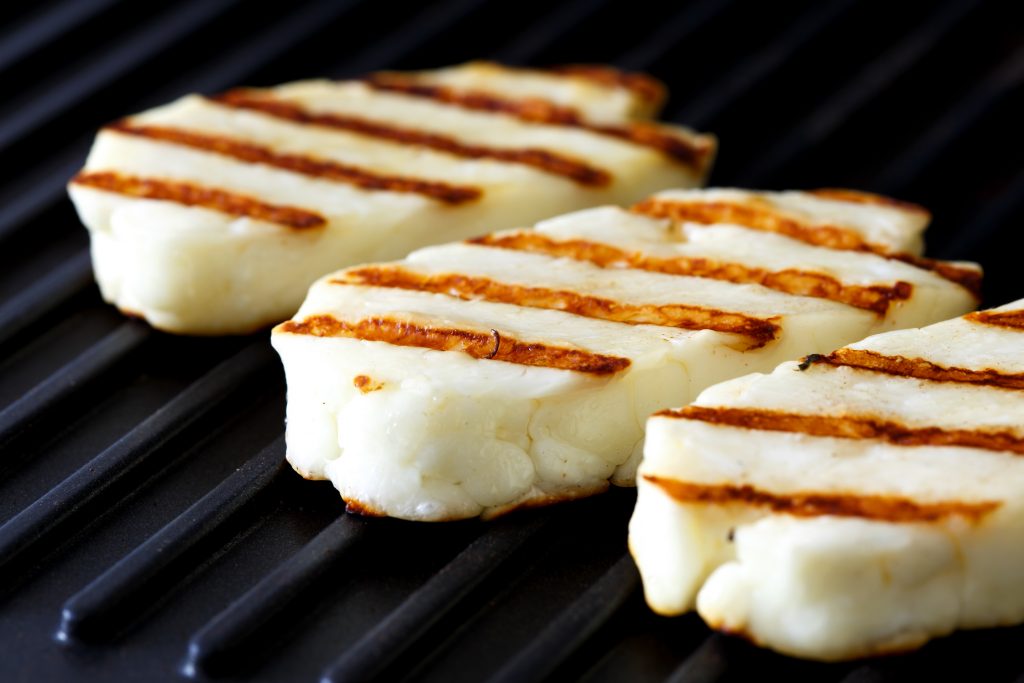A fortnight ago, the European Commission adopted a package of measures to protect an important part of Cypriot heritage – its cheese.
Called ‘hellim’ in Turkish, and ‘halloumi’ in Greek, this renowned Cypriot cheese was registered as a protected designation of origin (PDO), essentially banning the misuse of its name by imitation products across the European Union.
A PDO brings significant economic and cultural benefits to bona fide producers and the territory the produce is made in.
For Turkish Cypriot hellim producers, the opportunity is even more significant as it will be the first time they can sell their cheese to European markets since the island entered the EU in May 2004.
The Greek Cypriot-imposed embargoes led to the EU freezing out the Turkish Republic of North Cyprus (TRNC) when the island became a full member seventeen years ago. The acquis Communautaire (EU laws) along with Direct Trade Regulation between North Cyprus and the EU was suspended, replaced by the Green Line Regulation (GLR).
Instead of having free movement goods – one of the fundamental pillars of the EU – the GLR restricts what items Turkish Cypriots can trade with the EU, which must all must pass through the Greek Cypriot-run Republic of Cyprus first. This discriminatory rule adds time and cost to businesses in North Cyprus.
Although clearly disadvantaged, Turkish Cypriot hellim producers and trade bodies are trying to focus on the positives of the PDO. As long as the cheese and milk from which it is made meets all European animal and public health standards, their product can be sold across the EU.
T-VINE spoke to Funda Ayhan, a food and drinks policy advisor, about the hellim PDO and how Turkish Cypriot producers can best benefit from it.
Before moving to North Cyprus four years ago Funda spent 25 years in the UK Civil Service, much of it at the Department for Environment, Food and Rural Affairs (DEFRA), where she specialised in the EU scheme for geographical indications.

Funda’s career led her to work across the entire food industry, advising small local producers through to international multinational companies, inspections bodies, major supermarkets, and government ministers and politicians.
What will the PDO for Cyprus cheese hellim & halloumi mean to Cypriot and non-Cypriot producers of the cheese?
FA: The Protected Designation of Origin (PDO) is one of the geographical indications which fall under the EU quality schemes. ‘Protected Geographical Indication’ (PGI) and ‘Traditional Speciality Guaranteed’ (TSG) are the other designations under the scheme. These geographical indications are awarded to products which are produced, processed and prepared with features and characteristics due to the specific geographical area.
For PDOs, all elements of production, including sourcing of raw materials, must come from within the designated area.
Once a product is registered, only producers complying with the registered product specification who have undergone the necessary verification of compliance checks will be eligible to use the protected name.
Producers will only be able to use the name ‘Hellim / Halloumi’ and display the PDO designation logo on their products if they are meeting these requirements. This will mean that only Hellim/ Halloumi produced in Cyprus according to the traditional recipe will be able to be marketed in the European Union under that name.
Producers unable to meet the requirements of the PDO will not be eligible to use the name Hellim/ Halloumi to market their products.
How quickly does the PDO come into effect? What happens (or should happen) next?
FA: The Commission Regulation officially registering the name Hellim / Halloumi was published in the EU Official Journal on 13 April 2021 and will enter into force 20 days following publication. However, it does not become applicable until 1 October 2021.
Producers wishing to take advantage of the PDO should use this time to make the necessary adjustments to their business to enable them to meet the PDO specification.
What about those Cypriot producers who can’t currently meet the required PDO standards or ratios for the cheese? Must they stop their business, or can they carry on trading at home and abroad?
FA: If producers are currently unable to meet the requirements of the PDO, they will be unable to use the name Hellim / Halloumi to market their products. Stopping business would be an extreme measure. 
These producers have the option of adapting their production processes to enable them to meet the required conditions of the registered specification, or find an alternative name under which their product could be marketed.
PDO legislation is about protecting registered products from imitation. This means that any similar sounding names or those that are evocative of the protected name, such as ‘Halloumi style cheese’, would not be permitted.
What action can be taken if say a Bulgarian or British producer uses ‘hellim/halloumi’ on their packaging and who is responsible for enforcing the rules?
FA: The EU scheme is directly applicable in all EU Member states. However, enforcement is a minefield as each member state has their own systems and rules, which can vary hugely. It’s vital to get expert advice here, but the emphasis will be on businesses in all member states complying with the PDO.
Is the EU PDO applicable/enforceable in non-EU territories, say Azerbaijan, or Qatar, or Australia?
FA: In the case of non-EU countries, protection of GI’s may be covered under trade agreements between the EU and non-EU states.
This has happened in a number of cases, for example China, where reciprocal protection of GI products formed part of the wider EU/China trade agreement.
What tips or advice would you give officials and producers to help them maximise this opportunity?
FA: I would like to think that Turkish Cypriots’ journey into the world of EU GI’s is just starting. It is a very exciting time, which has the potential to broaden horizons for producers in the TRNC.
To say that understanding of the EU schemes in the TRNC is in its infancy is an understatement, but I believe with the right strategies this can be addressed. For example, currently awareness of what the PDO will actually mean to producers and consumers is minimal.
Producers of PDO hellim will be marketing a quality product and as such will be able to attract a premium price for their hellim. From the consumers’ perspective, they will have access to authentic quality products.

Targeted promotional activities should form part of a comprehensive strategy to increase understanding: the TRNC authorities need to raise the profile of the PDO and help the status gain meaning across industry and consumers.
In terms of verifications inspections, systems need to be in place to ensure that producers are complying with the registered specification. These inspections will be ongoing for products carrying the protected name.
A long term plan on how these inspections will be monitored and managed will be a crucial element of effective administration of the scheme requirements. An organised solid inspection plan will add to the credibility of the controls taking place in the Turkish Cypriot hellim manufacturing process.
In my experience these strategies have been most successful where there has been input from across the industry sector. Including producers, industry bodies as well as government departments provide a broader view and help to create a sense of ownership.
Looking at the benefits the schemes offer, it would be great to see TRNC-produced hellim carrying the EU PDO logo and enjoying the prestige this status has to offer. But why stop at hellim? There is a wealth of Cypriot products which could similarly benefit from protection.
The Republic of Cyprus made a start by protecting a number of products including ‘Loukoumia Geroskipou’ (PGI) and ‘Kolokasi Sotiras’ (PGI).
When you consider that our most important works of art and buildings, and even some trees, are protected and listed, what of our culinary treasures?
These schemes are essentially about safeguarding food heritage and that can only be a good thing.
Main image, top, of three slices of hellim. halloumi cheese, photo © etiennevoss / iStock




